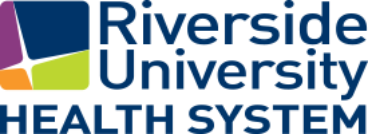OGME 3
PGY-3 Goals
At this point in the program, the resident should have gained sufficient knowledge and experience to more actively direct the care of patients. On some rotations the third-year resident will be directly responsible to a chief resident or to the attending faculty. Extensive experience in both inpatient and outpatient care continues at this level, as well as increasing experience in the operating room. Cases increase in number and in complexity during this year, providing the resident with the background necessary to enter the senior resident years (four and five).
PGY-3 Residents Should Demonstrate The Ability To
- Continue to develop technical skills necessary for the performance of more complex surgical procedures in orthopaedic surgery.
- Acquire proficiency in surgical arthroscopy, both diagnostic and operative.
- Establish a knowledge base, judgment and interpersonal skills necessary to function as an orthopaedic consultant by successfully managing entry-level consults with minimal direct supervision.
- Continue developing a working knowledge of the core competencies and complete the assigned curriculum in each area.
- Develop enhanced skills in the management of an orthopaedic service by managing service administrative duties assigned by the chief resident or faculty. Proficiency in the rational use of surgical literature and evidence-based medicine (defends discussions and recommendation with scientific evidence).
- Outline key professionalism principles as presented in the College's "Code of Professional Conduct" and apply it to everyday caring for patients.
- The ability to communicate and interact with patients in difficult situations.
- Learn the role of medical staff committees and function as a committee member.
